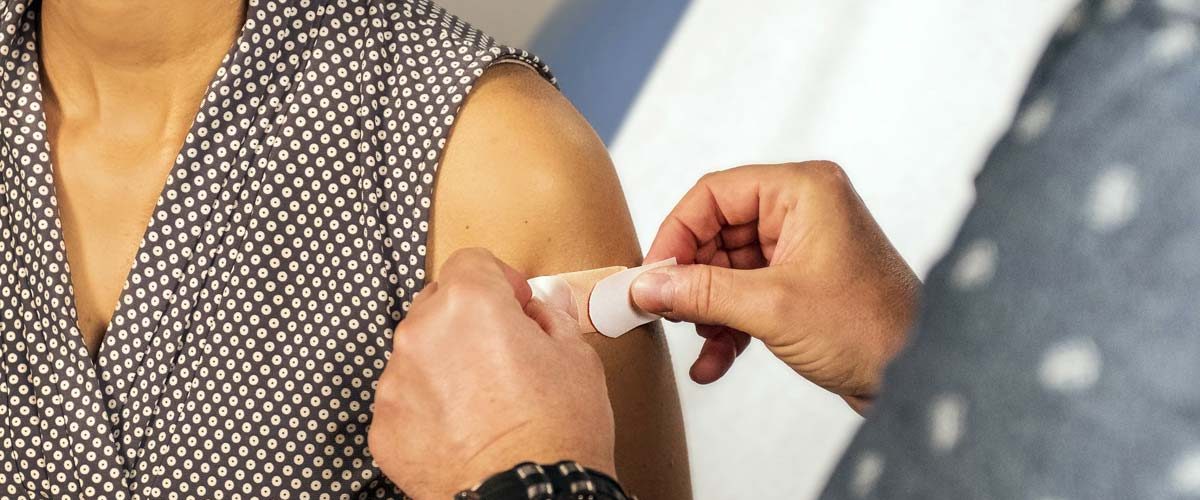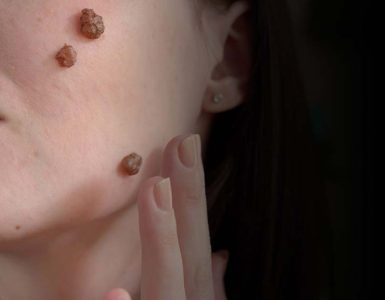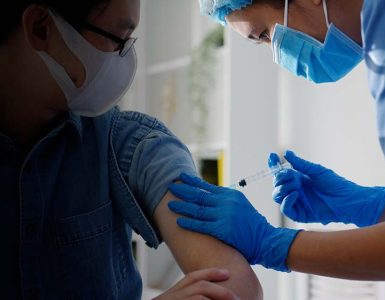The arrival of vaccines gave the world hope to finally get over this pandemic nightmare, but it looks like, the world has to wait. The emergence of new variants has undoubtedly reduced the efficacy and effectiveness of the vaccine against these new variants. But it still provides strong protection against illness and death secondary to COVID-19. The US vaccines like Pfizer-BioNTech and Moderna have shown to be respectively 95% to 94.1% effective against symptomatic COVID-19.
Both the vaccines, Pfizer and Moderna are mRNA vaccines. While the J&J is a modified adenovirus of SARS-CoV-2, where the immune response remains active 8 months after vaccination.
A new report from Israel’s Ministry of Health shows that the vaccine is 39 percent effective between June 20 and July 17, while remaining more than 90 percent effective at averting serious illness and hospitalization. The data shows that the vaccine is losing its power against the new delta variant, but there are some limitations of those findings, like small sample size and the fact that only the elderly population was vaccinated during the said period and not all the people. The New England Journal of Medicine presented its finding of the effectiveness of Covid-19 Vaccines against the Delta variant. The reported effectiveness against the alpha variant lies at an astonishing 93.7% while against the delta variant it is 88% effective in preventing symptomatic disease.
The effectiveness of J&J is comparatively less than the US vaccines. Nathaniel Landau, a virologist at NYU’s Grossman School of Medicine, said in an interview, “The message that we wanted to give was not that people shouldn’t get the J&J vaccine, but we hope that in the future, it will be boosted with either another dose of J&J or a boost with Pfizer or Moderna.”
Now the main question that comes to mind is, “Do I need a booster?” The primary answer lies in the immunity status. Deborah Fuller, a vaccinologist of the University of Washington School of Medicine explains it as “With the tetanus vaccine we need to get boosters every few years because we have to keep the antibodies at a certain level to have that protection. We don’t know where that is yet with coronaviruses, whether or not we’re going to need a certain threshold of antibodies in our bodies to protect us.” But with the world getting rapidly vaccinated, scientists are hopeful “That we will not need [a booster] for the first year,” says Edward Jones-Lopez, an infectious disease specialist at Keck Medicine of USC. However, he acknowledges, “That may change over time as more data accumulate and more time passes.” He goes on to say, “For the immunosuppressed patients, it’s increasingly clear that they will need a booster.”
Regarding the ability of the virus to mutates, Fuller says, “The vaccines seem to be holding out against what we care about most, which is protection against severe disease and hospitalization. It’s just a matter of time to see whether a new variant emerges that knocks down the efficacy of vaccines.”

In short, if a large number of people remain unvaccinated, there will be a risk of not only survive in Covid-19, but also of the emergence of new variants.
Keywords:
COVID, COVID variants, COVID-19, Delta, Variants of Concern, vaccination, booster dose, booster, Pfizer, Moderna
















Add comment